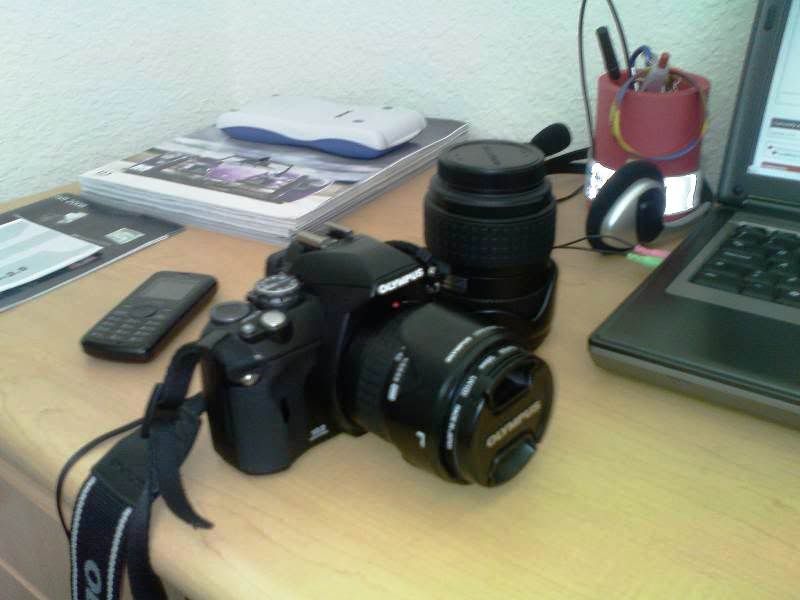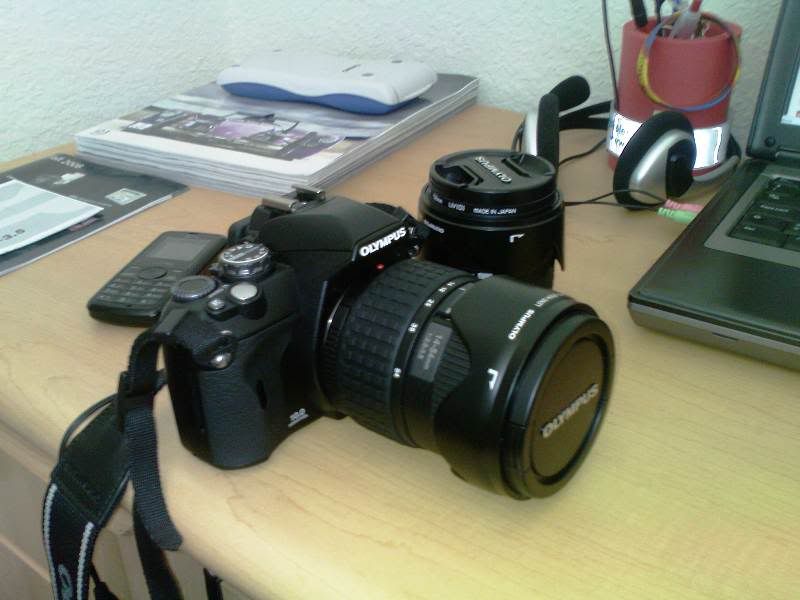nomix
True Viking
- Joined
- May 26, 2005
- Messages
- 7,293
- Location
- Norway
- Car(s)
- Tend do walk the 40 meters from my bed to lecture.
I did not recommend a camera because I own one, everyone here I've seen here has either a Canon or a Nikon. Every review I've read for entry-level DSLRs has compared Canon and Nikon. Every camera store I went to only offered me Canon and Nikon as my best bet.
And you're recommending him D3s and Sony A900s? You do realize his budget is $500? I didn't say the D60 or Rebel XSi are the best DSLRs money can buy.
Do you really think I was seriously recommending the OP buying a D3 or an a900? What I was saying was that it's extremely hard, really impossible, to say that one camera is better than another. There are cameras that work better for special needs, and then you can say that the D3 is better than the a900 if you do sports, a lot better actually, and you can say that the a900 is better if you do landscapes, a lot better actually.
You can't say that one of the two are better than the other, it depends on your use.
What I was trying to explain, is that even if Canon and Nikon today hold a very large part of the market, it's not important. What's important is if the camera you get for your money will deliver, and in the price bracket we're talking about, all cameras will deliver. They're all good, no matter what brand we are talking about. Therefore, constraining oneself to just one brand is not doing oneself any favors.
The only thing that should limit what you'll look into is price. Some cameras cost more than others. Therefore, our OP can't look into the D3 or the a900, as they're to expensive. But any camera in his/hers price bracket will work like a charm and please him/her.
Go for the camera that fits your hand, and you will be happy.
I realize you're free to say what you want, but I do take my right to opose what you say.Personally, the only one I'd seriously stay away from is Olympus, as they use a smaller sensor than other DSLRs. This will result in poorer noise performance and there far fewer lenses available for it as the 4/3rds sensor system as it is a relatively new standard.
1. The sensor is smaller. So is the sensor used by Canon compared to Nikon, Pentax and Sony. In real life, the difference is not much to talk about, and with sensor technology improving all the time, it's becomming less of an issue every year. If we're really honest, the 50D has about the same pixel density as the E-3, as one example.
Fourthirds limits you somewhat when it comes to resolution, right now it's 10mp to Canon's 15, but who -needs- 15mp?
2. There aren't too many lenses available for fourthirds, that's right. But you can pick up any fourthirds lens and get a superb lens. Just saying, why do you need lots of mediocre lenses when you get a nice, although limited, selection of superb lenses?
Yes, there's great lenses for both Canon and Nikon, and there are a lot of them. But hand on heart, are they all good? No, they are not.
Last but not least. Am I an Olympus fanboy? I use Olympus, but I hazard to say 'no'. I've yet to use a camera that doesn't please me (the D40 irritates me, but that's another matter), I'm getting a 5D next year when they're dirt cheap, I love the AF and high ISO performance of the FX Nikons etc. In short, no, I'm not a fanboy. But I am a very big fan of reason.
No harm intended.
My heart beats for the 5D, but you really do get a long way with 'just' 10mp. Even with 6mp.That said, I read that the Canon 5D is the sharpest camera you can get for landscapes, as DSLRs go.


